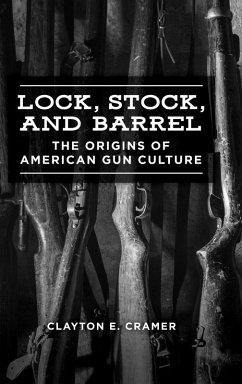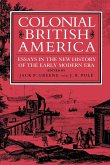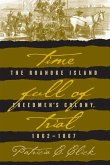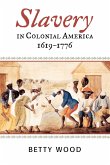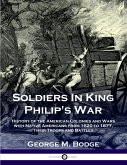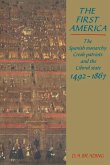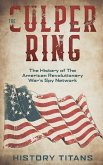This provocative book debunks the myth that American gun culture was intentionally created by gun makers and demonstrates that gun ownership and use have been a core part of American society since our colonial origins. Revisionist historians argue that American gun culture and manufacturing are relatively recent developments. They further claim that widespread gun violence was largely absent from early American history because guns of all types, and especially handguns, were rare before 1848. According to these revisionists, American gun culture was the creation of the first mass production gun manufacturers, who used clever marketing to sell guns to people who neither wanted nor needed them. However, as proven in this first scholarly history of "gun culture" in early America, gun ownership and use have in fact been central to American society from its very beginnings. Lock, Stock, and Barrel: The Origins of American Gun Culture shows that gunsmithing and gun manufacturing were important parts of the economies of the colonies and the early republic and explains how the American gun industry helped to create our modern world of precision mass production and high wages for workers.
Hinweis: Dieser Artikel kann nur an eine deutsche Lieferadresse ausgeliefert werden.
Hinweis: Dieser Artikel kann nur an eine deutsche Lieferadresse ausgeliefert werden.

